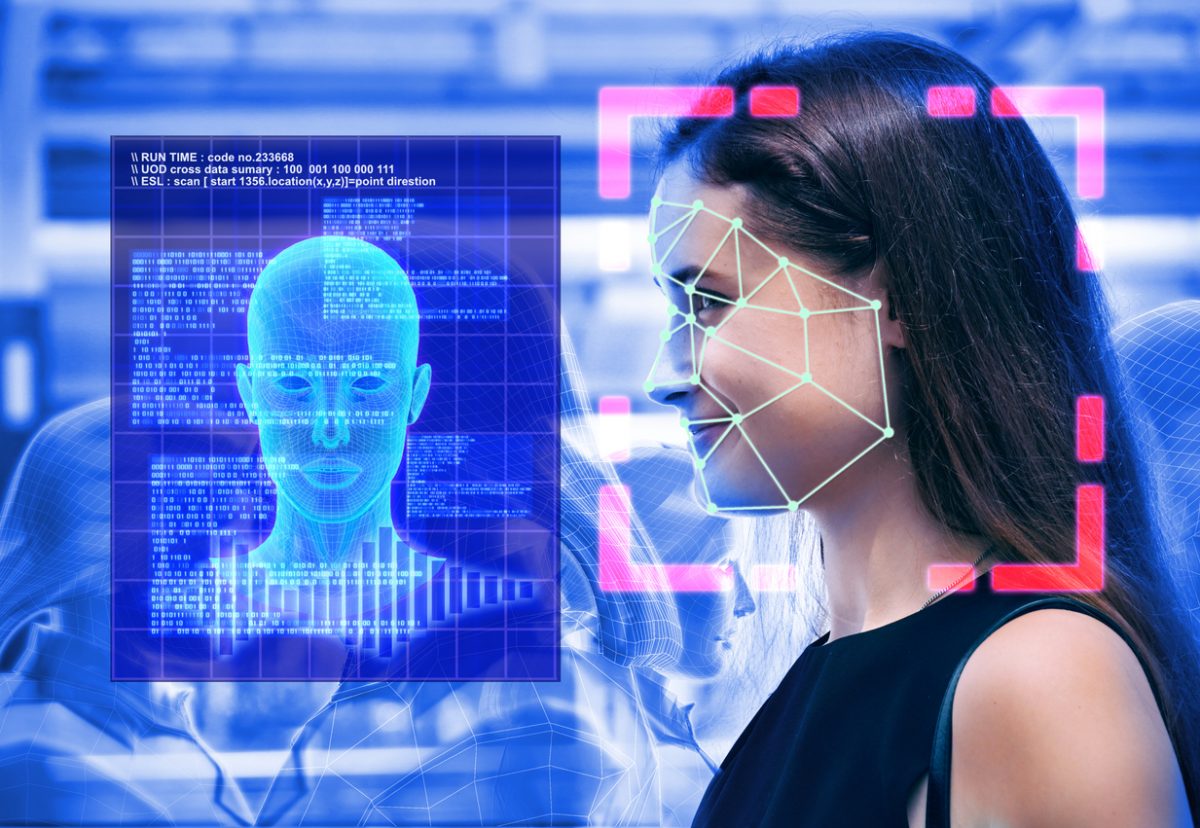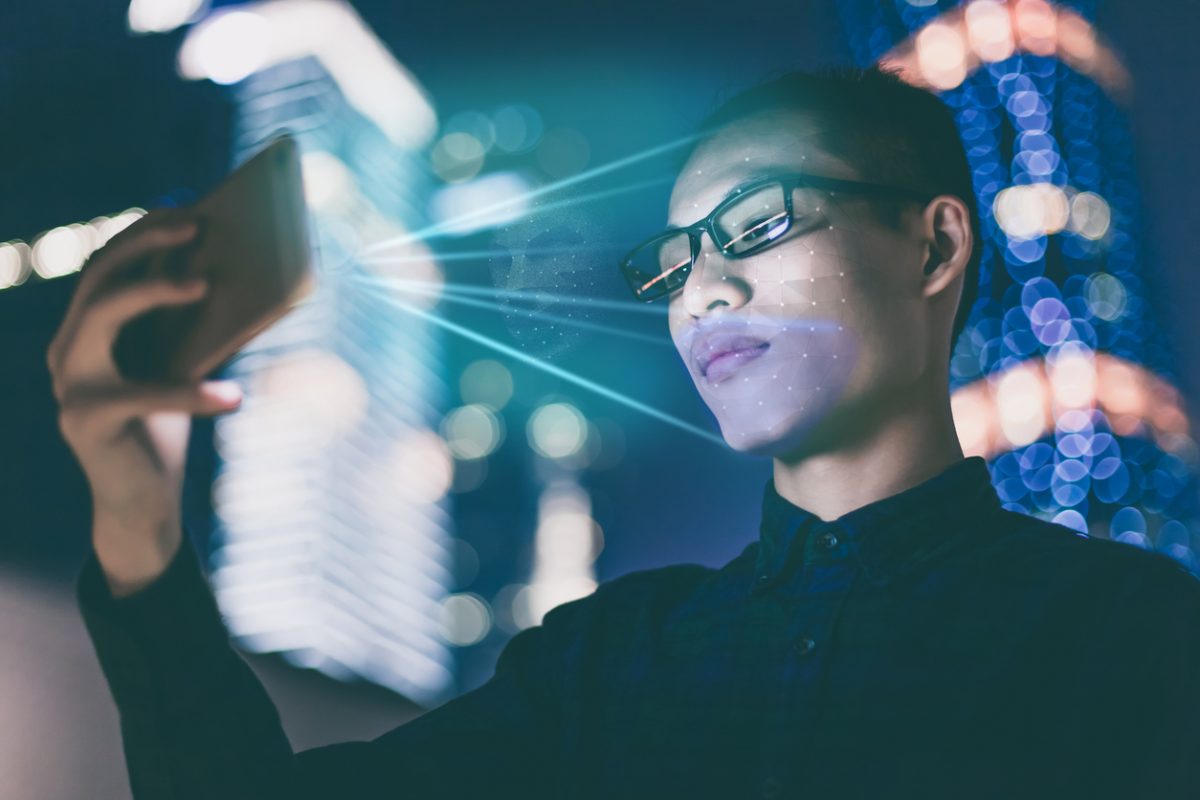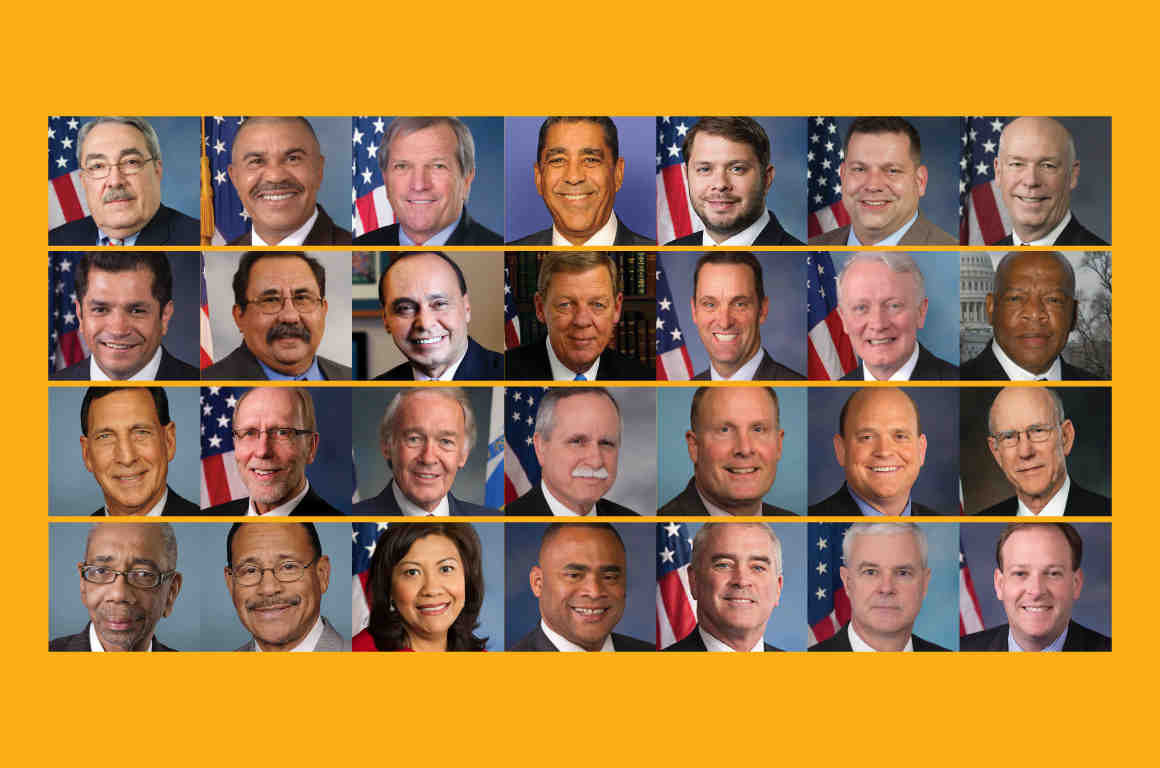EU AI Expert Group: Ethical risks are ‘unimaginable’
The EU Commission’s AI expert group has published its assessment of the rapidly-advancing technology and warned it has “unimaginable” ethical risks.
Some of the highlighted risks includes lethal autonomous systems, tracking individuals, and ‘scoring’ people in society.
On the subject of lethal autonomous systems, the experts warn machines with cognitive skills could “decide whom, when and where to fight without human intervention”.
When it comes...










